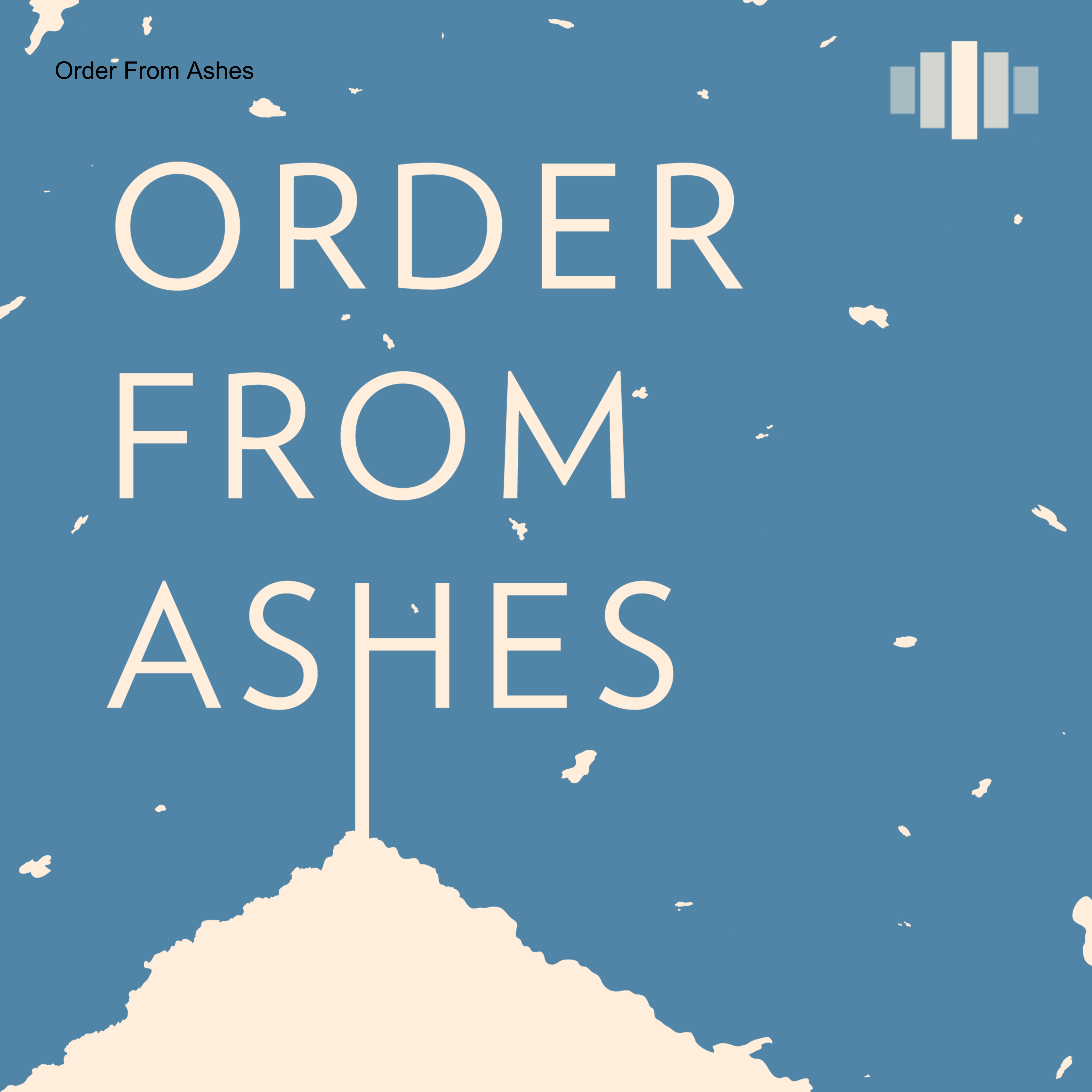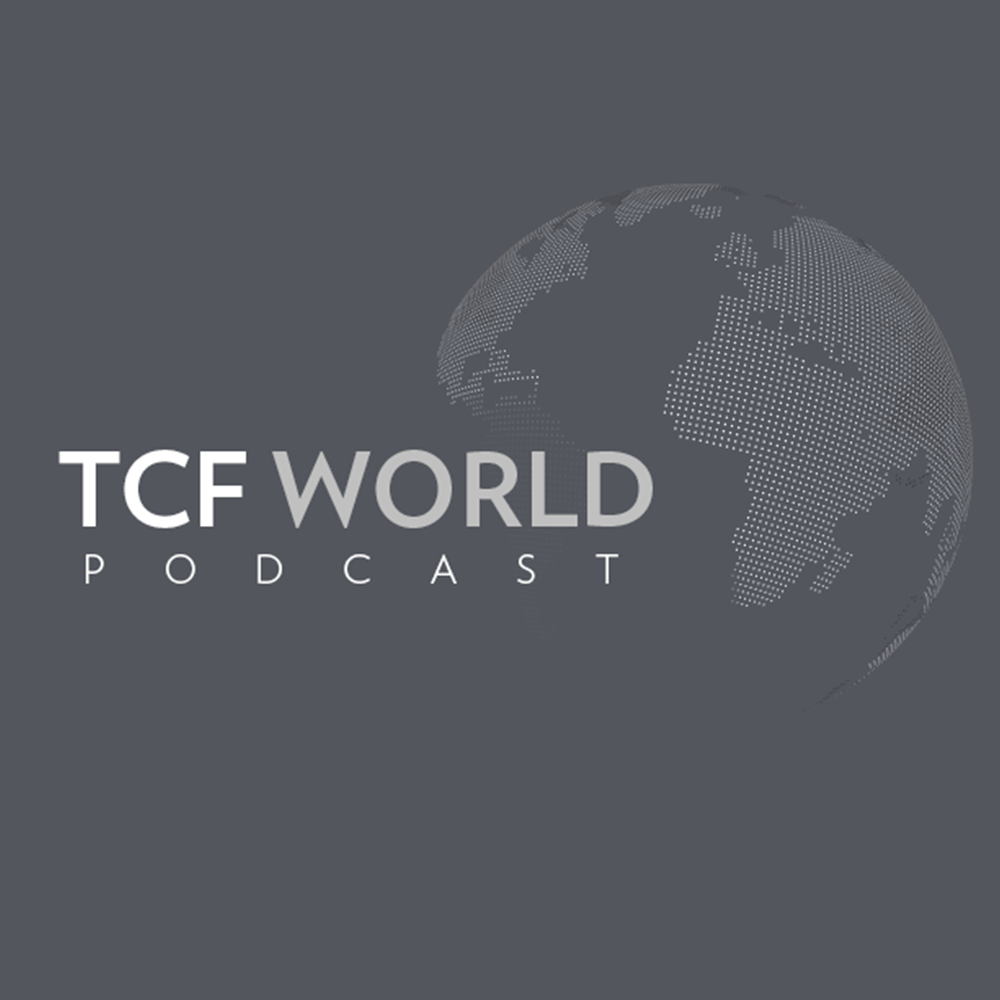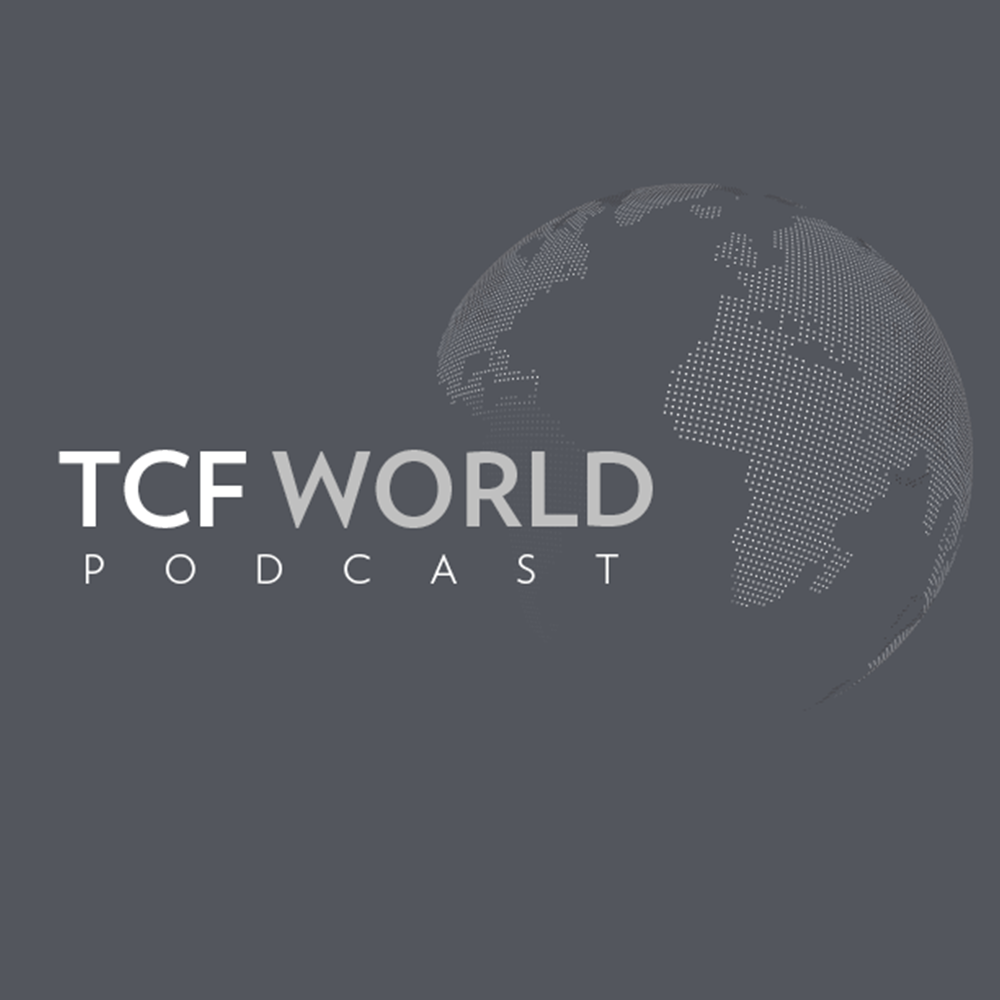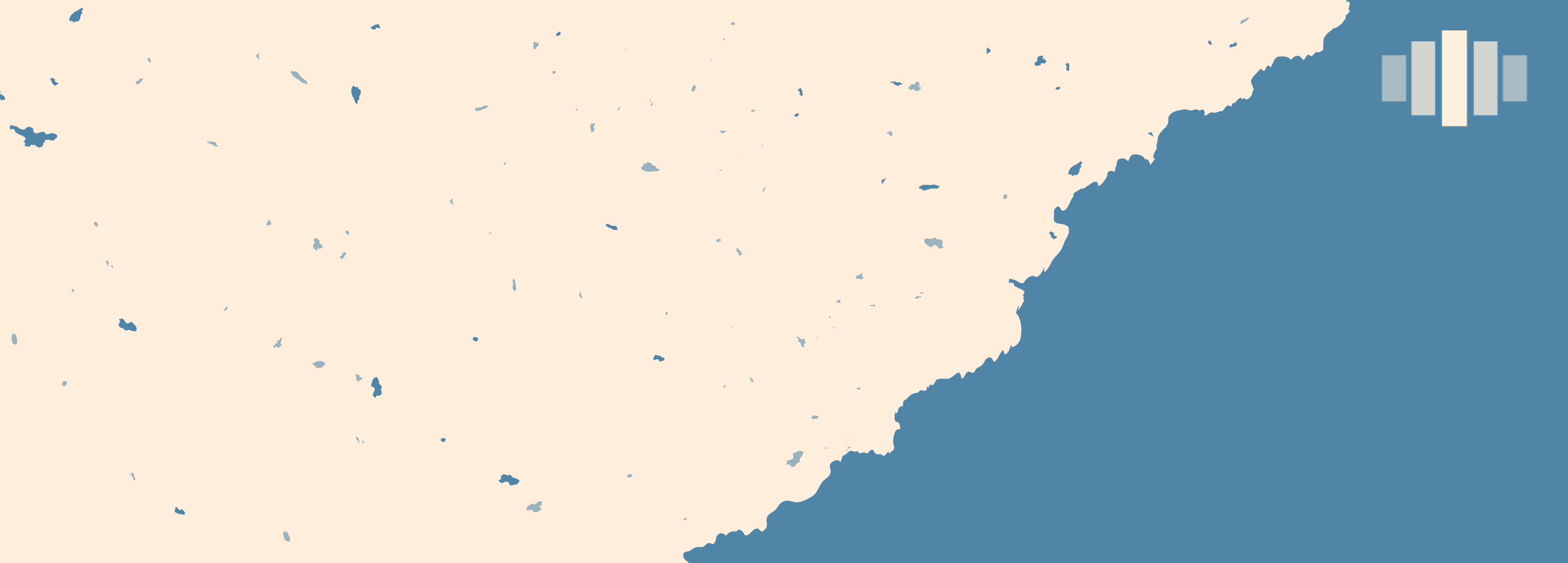
Today’s world is in unprecedented flux. Rights and citizenship are under assault. Authoritarianism is on the rise. No single country can dictate the rules. The Middle East lies at the cutting edge of the crises of our age, with every world power, including the United States, deeply involved. Host Thanassis Cambanis interviews activists, researchers, and decision-makers about the problems of our time, and possible solutions. This podcast is produced by Century International. Our research focuses on the human impact of global policy. We are independent, critical, and progressive. Find our work at https://tcf.org/topics/century-international/.
Episodes

Friday Jun 08, 2018
Iran in Iraq
Friday Jun 08, 2018
Friday Jun 08, 2018
As tensions flare between Iran and the United States, TCF takes a look at Iran’s record in Iraq. Some critics of American policy say that Washington “lost Iraq,” and paint Tehran as a master puppeteer controlling every development in the country.
Two scholars of Iran and Iraq examine the situation, and the picture they paint is decidedly more mixed. On this podcast they discuss Iran’s missteps, as well as the ways it has successfully extended its power in the MIddle East. Iran might have edged out the United States in Iraq, for now, but it hasn’t established anything close to hegemony.
Participants include:
- Dina Esfandiary, a CSSS fellow in the war studies department at King’s College London, and an adjunct fellow in the Center for Strategic and International Studies’ (CSIS) Middle East Programme.
- Renad Mansour, research fellow, Chatham House
- Thanassis Cambanis, senior fellow, The Century Foundation

Thursday Apr 19, 2018
Do Elections Help or Hurt Middle-East Democracy?
Thursday Apr 19, 2018
Thursday Apr 19, 2018
Another season of elections is upon the Middle East. Egypt’s presidential election appeared anything but free, as President Abdel Fattah el-Sisi renewed his authoritarian mandate and squelched even the appearance of competition. In contrast, both Lebanon and Iraq are hosting freewheeling parliamentary campaigns, with elections coming in both countries in May.
How much do these electoral contests serve to bring more democracy? Status-quo players have learned how to navigate the electoral process without engaging in any significant reform or opening—whether outright authoritarians like Egypt’s Sisi, or more complex but profoundly undemocratic warlords and demagogues like many of the sectarian leaders in Iraq and Lebanon.
Our guests examine the connections between elections and democracy in this latest cycle of voting in the Middle East, in a global context where basic political propositions about the viability of electoral democracy are being called into question.
Participants include:
- Sima Ghaddar, policy associate, The Century Foundation
- Michael Wahid Hanna, senior fellow, The Century Foundation
- Thanassis Cambanis, senior fellow, The Century Foundation

Friday Apr 06, 2018
Bridging the Middle East’s Security Gulf
Friday Apr 06, 2018
Friday Apr 06, 2018
There seem to be fewer and fewer opportunities to build relationships between adversarial governments in the Middle East region. Even the faint promise that briefly flared during the negotiations over Iran’s nuclear program has faded. Today, the Middle East has fewer communications channels and institutional forums than any other region in the world.
Dalia Dassa Kaye and David Griffiths debate some of the incremental possibilities to begin constructing (or reconstructing) the region’s security architecture. If expectations are kept low and governments are willing to improvise, these researchers suggest there are prospects to establish rudimentary security architecture.
Griffiths argues that sailors can find common ground on technical matters like incidents at sea and search and rescue, which can provide the basis of some security cooperation. Dassa Kaye suggests that new initiatives can come out of difficult period like the present. Can technical agreements over sea lanes, nuclear waste, or disputed boundaries ever translate into the type of political process necessary to effectively manage conflict, or resolve it?
Read Dalia Dassa Kaye’s “Can It Happen Here? Prospects for Regional Security Cooperation in the Middle East,” David N. Griffiths’ “Oceans of Opportunity: Maritime Dimensions of Security in the Arab World,” and Thanassis Cambanis’ “The Israel-Hezbollah Channel: UNIFIL’s Effective but Limited Conflict-Management Mechanism.” These reports are part of the TCF project “Order from Ashes: New Foundations for Security in the Middle East.”
Participants include:
- Dalia Dassa Kaye, director, Center for Middle East Public Policy, the RAND Corporation
- David N. Griffiths, independent researcher and former Canadian naval officer
- Thanassis Cambanis, senior fellow, The Century Foundation

Wednesday Mar 07, 2018
Honor Killings and Women’s Rights
Wednesday Mar 07, 2018
Wednesday Mar 07, 2018
Women’s rights advocate AlAnoud AlSharekh is a leader in the fight to end violence against women and promote women’s political participation in the Middle East. She has worked in Kuwait and throughout the region to promote women’s rights.
In this podcast, AlSharekh talks with Hindy about the challenges and opportunities for those pushing for legal reform in the the region.
AlSharekh is the founding director of the Abolish 153 campaign to end legislation that effectively gives men regulatory, judicial, and executive power over their female kin—including minimal repercussions for honor killings—in Kuwait and the Arabian Gulf region. She is an outspoken advocate for women’s rights in a region where so-called “disciplinary violence” by men against their female kin remains permissible by law and by social practice. Article 153 of Kuwait’s penal code treats “honor killing”—when a man murders his sister, wife, daughter, or mother after becoming enraged by her adulterous or sexual transgression—as a misdemeanor, punishable with a maximum three-year prison sentence or a $50 fine. Last summer, three Arab countries passed legislation on violence against women following years of advocacy by local and international campaigns.
AlSharekh is also a consulting partner at Ibtkar Strategic Consultancy, where she is training a group of Kuwaiti women political leaders to run for office. In 2016 AlSharekh was awarded a knighthood (National Order of Merit) by the French government for her work promoting women’s rights in the region. She holds a PhD from SOAS London in Comparative Literature and Feminism.
Participants include:
- AlAnoud AlSharekh, founding director of the Abolish 153 campaign
- Lily Hindy, senior associate, The Century Foundation
Editor's Note: This podcast was updated as of April 3, 2018.

Tuesday Mar 06, 2018
Iraq’s Militia Problem and A Dangerous Point in Syria
Tuesday Mar 06, 2018
Tuesday Mar 06, 2018
Iraq’s Popular Mobilization Units played a pivotal role in defeating the Islamic State and are positioned to reap a greater share of power in the upcoming May elections. Fanar Haddad argues that the militias — while newly popular — are an old phenomena. Iraq has struggled to consolidate state authority and grapple with militia politics at least since Saddam Hussein was toppled in 2003. Today’s problems are thorny, but don’t necessarily mark a watershed.
Also in this episode, Aron Lund discusses the latest developments in Syria, where a war that is supposed to be entering its final phase is presenting new dangers. A complicated standoff in the north, around the town of Afrin, has brought NATO allies Turkey and the United States to the brink of conflict. Russia provides a slim, and unlikely, bulwark against further internationalization of Syria’ war. A siege of the rebel enclave of eastern Ghouta, in the Damascus suburbs, threatens still more harm to civilians, unless the international community plans for the defeat of their allies. The new phase in Syria’s war is proving as deadly, and risky, as all the previous ones.
Read Fanar Haddad’s analysis of the Iraqi militias here, Aron Lund’s commentary on the crisis in eastern Ghouta here, and his exploration of Syria’s war economy through a single cement factory here.
Participants include:
- Fanar Haddad, senior research fellow, Middle East Institute, Singapore
- Aron Lund, fellow, The Century Foundation
- Thanassis Cambanis, senior fellow, The Century Foundation

Wednesday Jan 31, 2018
Why We Shouldn’t Expect an Arab NATO
Wednesday Jan 31, 2018
Wednesday Jan 31, 2018
There have been repeated, failed efforts over the decades to assemble some kind of Middle Eastern regional security force, something like an “Arab NATO.” Brian Katulis, a senior fellow at the Center for American Progress, examines those initiatives all the way to the present. Grand initiatives are impossible, he argues, but small-scale, piecemeal, and tactical efforts to build cooperation among Arab security forces might make headway. America’s role remains important because of its deep bilateral security ties with so many Middle Eastern governments.
Meanwhile, the Arab states of the Gulf are enjoying warm relations with the United States but have fallen deep into internal feuds. Many of the Arab monarchies consider themselves in an existential struggle with Iran, and are also involved in regional conflicts elsewhere. Instead of building deeper relationships and coalitions, they have resorted to a constantly shifting mosaic of alliances, says Emile Hokayem, a senior fellow at the International Institute for Strategic Studies. America’s insistence that Gulf countries exhibit more independence has increased instability, as Arab leaders in the Gulf hedge their bets with a greater number of often contradictory partnerships.
Katulis and Hokayem talk with TCF senior fellow Thanassis Cambanis about their contributions on these issues to Order from Ashes: New Foundations for Security in the Middle East. Their reports, and others in this TCF project, can be read online.
Participants include:
- Brian Katulis, a senior fellow at the Center for American Progress, based in Washington, D.C.
- Emile Hokayem, a senior fellow at the International Institute for Strategic Studies, based in London.
- Thanassis Cambanis, a senior fellow at The Century Foundation, based in Beirut.

Wednesday Jan 24, 2018
Dealing with Iran and Rebalancing American Interests
Wednesday Jan 24, 2018
Wednesday Jan 24, 2018
From America’s vantage point, Iran is a primary source of destabilizing intervention across the Middle East. But Iran, like other states, much of the time is pursuing its own interests and trying to manage what it perceives as security threats. Dina Esfandiary, a fellow at King’s College London, talks about the view from Tehran, where the nuclear deal isn’t perceived a windfall or a free lunch. She proposes some ways to better manage Iran’s fears as well as its provocations.
In the second segment of this podcast, former U.S. government official and current Duke University professor Bruce W. Jentleson proposes a blueprint for a rebalanced American foreign policy. The United States has drifted away from a clear strategy based on its fundamental interests, Jentleson argues. It’s time to clean house and go back to basics.
Esfandiary and Jentleson talk with TCF senior fellow Thanassis Cambanis about their contributions to the TCF project Order from Ashes: New Foundations for Security in the Middle East. Their reports, and others in this project, can be read online.
Participants include:
- Dina Esfandiary, a CSSS fellow in the war studies department at King’s College London, and an adjunct fellow in the Center for Strategic and International Studies’ (CSIS) Middle East Programme.
- Bruce Jentleson, a professor of public policy and political science at Duke University. He served as senior advisor to the State Department policy planning director from 2009–11. His book The Peacemakers: Leadership Lessons from Twentieth Century Statesmanship will be published in April.
- Thanassis Cambanis, a senior fellow at The Century Foundation.

Tuesday Jan 16, 2018
Security Architecture in the Middle East
Tuesday Jan 16, 2018
Tuesday Jan 16, 2018
Why does the Middle East lag behind every other region in the world in security architecture? What is security architecture?
The Century Foundation has launched the results of a multi-year research project, supported by the Carnegie Corporation of New York, that examines the Middle East’s current regional security environment at a time of perhaps unprecedented turmoil and instability.
In this podcast, TCF senior fellows Michael Wahid Hanna and Thanassis Cambanis discuss the findings in Order from Ashes: New Foundations for Security in the Middle East, which will be released online beginning January 2018 and in book form in March 2018.
We look at (mostly failed) efforts to create security cooperation. Bold ideas like a pan-Arab peacekeeping force or a new peace process might be impossible in the current climate, but there are plenty of piecemeal efforts that could create security architecture that still improves human security in meaningful ways. This research suggests that security and reform cannot be considered in isolation; they are inextricably linked. Any effective conversation about reform and stability ought to address the security threats, fears, and domestic politics that underlie government decisions.
Participants include:
- Thanassis Cambanis, Senior Fellow, The Century Foundation
- Michael Wahid Hanna, Senior Fellow, The Century Foundation

Thursday Dec 21, 2017
Who Cares About A Faraway Siege?
Thursday Dec 21, 2017
Thursday Dec 21, 2017
It’s been a year since the dramatic siege and fall of Aleppo, and another part of Syria suffers under blockade: Eastern Ghouta, on the flank of Damascus, where an estimated 400,000 civilians languish under arguably worse conditions than Aleppo experience, but with little international attention.
Syrian activist Marcell Shehwaro was at the center of the popular uprising in Aleppo, and won a reputation as an unflagging supporter of civil society and a critic of abuses by the government and also by rebel militias. Today she is working from Beirut to give voice to her fellow citizens trapped in Eastern Ghouta. “Every morning I ask myself what did I not do for Aleppo, so that I can do it for Ghouta.”
In our second segment, we hear from James Sadri, executive director of the Syria Campaign, which works with citizens’ groups inside Syria and tries to carry their message abroad. His organization is best known for its efforts to publicize the work of the White Helmets, volunteers who rescue Syrians from bomb sites. He marvels at the resilience of Syrians and the failure of the international system to uphold its commitments to human rights and law—and wonders what the international liberal order can salvage from its shameful record in Syria.
Participants include:
- Marcell Shehwaro, a Syrian civil society activist from Aleppo, currently based in Istanbul and Beirut.
- James Sadri, executive director of The Syria Campaign.
- Thanassis Cambanis, senior fellow at The Century Foundation.
This podcast was produced by Harrison Cramer.

Friday Dec 08, 2017
A Post-American World
Friday Dec 08, 2017
Friday Dec 08, 2017
- Suzy Hansen is contributing writer to The New York Times Magazine and has written for many other publications. In 2007, she was awarded a fellowship from the Institute of Current World Affairs to do research in Turkey. She currently lives in Istanbul. Notes on a Foreign Country is her first book.
- Thanassis Cambanis is a senior fellow at The Century Foundation.
This episode was produced by Harrison Cramer.
